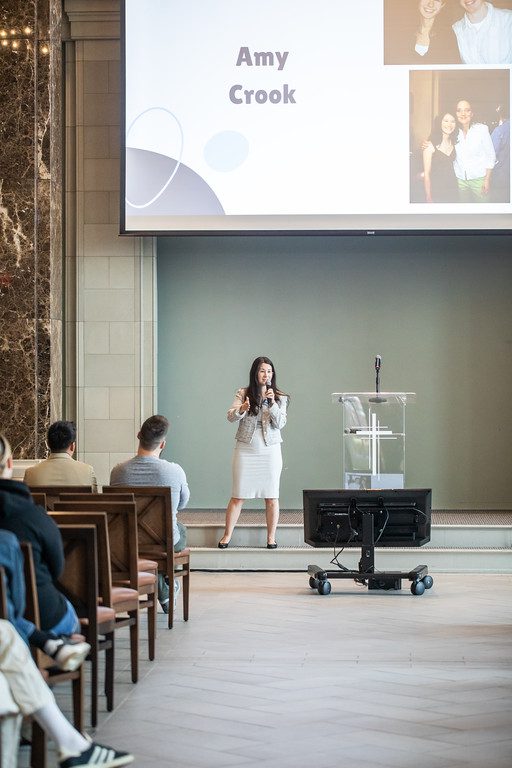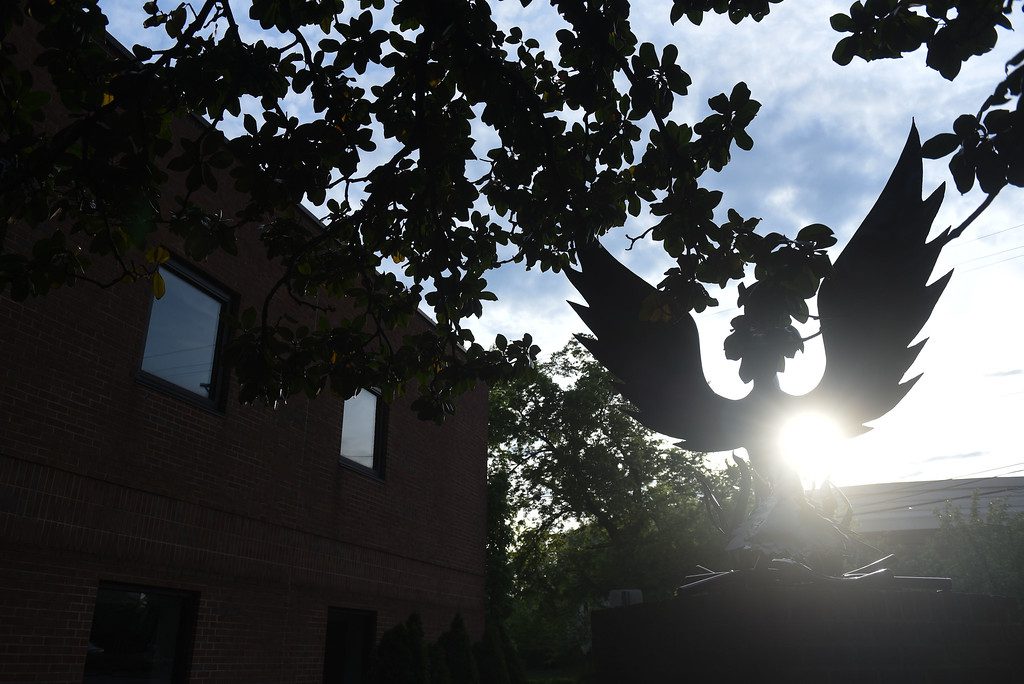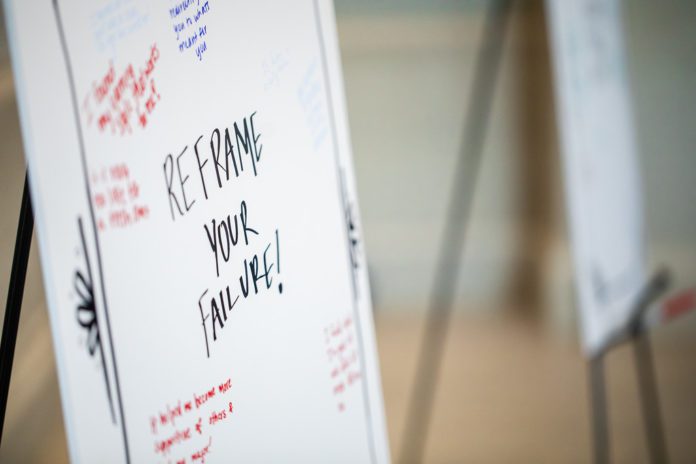Belmont faculty and staff gathered on Monday, March 27 and Friday, March 31 for FailFest, an event focusing on how failure can be a tool for transformational power when grounded in authentic humility and joy.
As Belmont continues towards the institutional aspiration of being the leading Christ-centered university in the world, FailFest furthered the University’s strategic pathway one initiative of modeling whole person formation that teaches and develops people of character, purpose and wisdom with a transformational mindset.
Dr. Amy Crook, Vice President for Transformative Innovation, Character, & Purpose and Pathway 1 catalyst said, “Students can focus on what they are achieving and lose sight of who they are becoming, and we want to support them becoming the best version of themselves.” The journey of finding purpose goes far beyond a job or career.
At the event, faculty authentically shared vulnerable moments of failure throughout their lives as students gathered around to learn from their experiences. From stories of ripping their pants in front of the German parliament to failing a master’s thesis, receiving district-wide hate for enacting school reforms, losing $15,000 in trying to start a business, and facing backlash from their kids due to mistakes in parenting, Belmont’s faculty and staff had a lot to say about failures both big and small and what they’ve learned from the experiences.

At the culminating chapel event, Crook spoke of her experiences both falling down the steps in front of the entire school on her first day at Duke University and also failing her first attempt at her master’s thesis. Both experiences taught her to try and stop herself from catastrophizing and spiraling into negative patterns of thinking after experiencing failure. “Take time to pause and reflect,” she said. “Reframe your story. Take some emotional distance and say, ‘this is going to make a great story one day.’ There is always a hard season before it turns beautiful.”
Through FailFest, Belmont offered students and faculty the chance to look at the ways in which they’ve come up short in life and re-evaluate how to perceive those failures. Faculty encouraged students not to view failure as embodying who they are as people, but instead to look at it as FAIL – First Attempts in Learning.

Remembering how Belmont’s main academic building—Blanton Hall—burned down in 1972, and the school didn’t know if they would be able to rebuild and keep the university going, the phoenix statue on campus serves as a forever reminder of what we are capable of when we come together as a community and refuse to admit defeat. “We want to normalize talking about failure at Belmont,” said Crook. “Keeping that transformational mindset of turning failure into hope is how we keep moving forward.”



